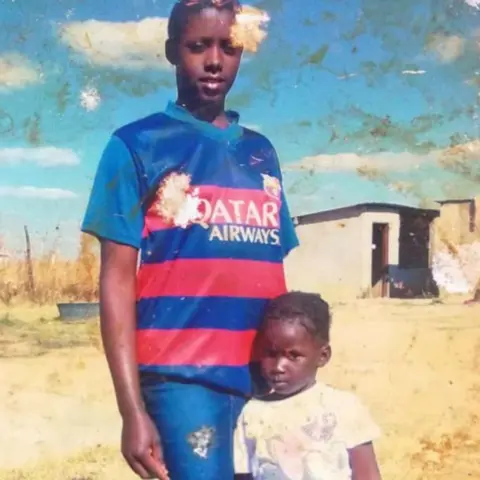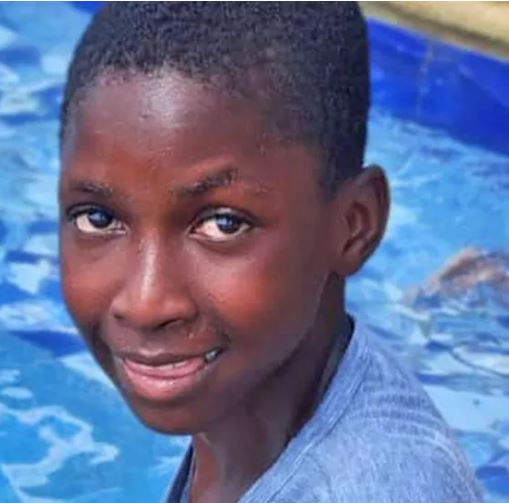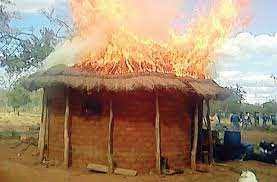The family of an 11-year-old girl allegedly killed by a US diplomat in Zimbabwe in a road accident in June have said they want him to return to the country and apologise to them in person.
Ruvarashe Takamhanya is believed to have been run over by a vehicle driven by the diplomat as she was on her way to school in Dema, 40km south-east of the capital, Harare.
Her parents say they realise the US diplomat has diplomatic immunity but an apology might help them recover from the pain and give them a sense of closure.
“Our thoughts are with the family and loved ones of the girl,” a US State Department spokesperson told the BBC, adding that its Harare embassy was co-operating with local officials.
The embassy “recognises the devastation of this accident for all involved”, the spokesperson said.
Ruvarashe was heading to school with her best friend on a Monday morning when she was hit as she crossed the main road that runs through Dema, the BBC has been told.
Her mother, Juliana Vito, said she found out about the accident from neighbours and ran to the scene.
“I thought she was going to wake up. Till now I keep thinking it’s just a dream. I’m deeply hurt,” the 24-year-old told the BBC.
She said that the driver of the car was not there when she got to the crash site – and had not reached out directly to the family since.
His colleagues apologised on his behalf, she said, and told her that that he left the scene because he was “affected by the accident”.
“I felt like he wasn’t really sorry,” she said. “I wish he came directly so I could pour my heart out.”
The girl’s father, Silvester Takhamanya, told the BBC they were given $2,000 (£1,575) by the US embassy to cover funeral arrangements.
The US State Department spokesperson confirmed the embassy had provided “support to the girl’s family” and said representatives attended the funeral.
But the family feel abandoned in their grief.
“We are trying to be brave,” Mr Takamhanya told the BBC.
Ruvarashe’s parents say she lived up to her name, which means “flower of God” in the Shona language, describing her as sweet, kind and intelligent.
“People were always amazed by her,” her mother, who is a baker, said proudly.
Police spokesman Paul Nyathi told the BBC the diplomat had initially said he wanted to rest after the accident, which happened on 3 June, and that he would then make contact with investigators.
But investigations had stalled as the diplomat left Zimbabwe not long after the accident, according to Mr Nyathi.
Zimbabwe’s presidential spokesman George Charamba has expressed outrage at his conduct.
“When a diplomat is involved in a fatal traffic accident, uses the pretext of counselling, which he thinks is only available in his country, and then decides to stay away from police, he or she moves from being a diplomat to a fugitive,” he told the state-run Herald newspaper last month.
Government spokesperson Nick Mangwana was more tactful in his response to the BBC.
But he explained the Vienna Convention, on which diplomatic immunity is founded, “gives both privileges and responsibilities”.
“Whilst what happened was an unfortunate fatal accident which resulted in the tragic loss of the life of one of our nationals, there is an expectation that the parties involved would take responsibility and do the right thing by the family of the victim as well as by the laws of this country.
“It is part of diplomats’ responsibility to abide by and comply with the laws of the host country.”








